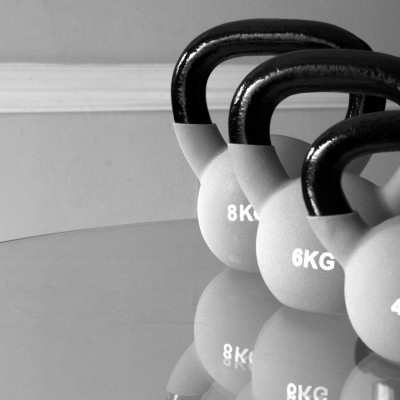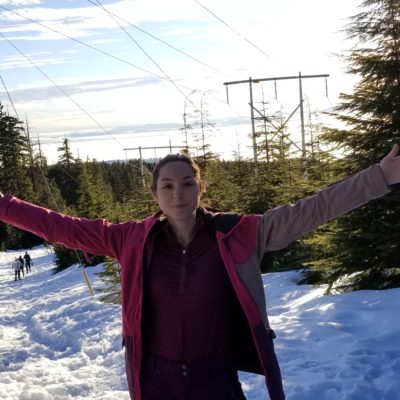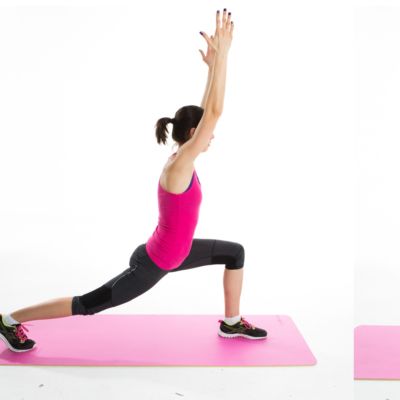Approximate read: 4 minutes.
Hopefully part one of this series convinced you of the crucial importance of better sleep. We live in a society where sleep deprivation is glorified, where really it should be relinquished.
When I read Matthew Walker’s book Why We Sleep I was partly surprised and partly horrified at some of the things I learned (you can read some of them in part 1 of this series). And while I was left fully convinced that sleep is crucial, I was also left wondering what I could do to get more out of my sleep.
To address this, in part two, I want to offer some practical suggestions for better sleep, so that you too can reap the benefits! These tips are all from Matthew’s book, which I am referencing at the end of my post (and if you’re a book person, I highly recommend you buy it)
Practical suggestions for a better sleep
- Stick to a sleep schedule: go to bed and wake up at the same time every day, including weekends. You know how your body still wants to wake up at your usual time, even though it’s Saturday? It’s because your body naturally likes to stick to set hours when it comes to sleep.(Yeah, I know you’re sitting there being like “HAHAHAHA, you’re crazy if you think I’m going to give up my Saturday sleep in time”. Hey, blame it on the book, not me!)
- Set an alarm for going to bed too, not just for waking up! It’s easy to get caught up in things and miss your bed time.
- Exercise 2-3hrs before going to bed. Exercise raises your body temperature, whereas sleep requires that your body temperature drops. (Note: I’ve never found exercise before bed to be a problem for me personally. If anything, it tires me out so that I pass out faster. For yourself, if you have trouble falling asleep, and if you also happen to exercise in the evening, see if changing the time of your workout has any impact on your sleep)
- Avoid caffeine and nicotine in the afternoon. This includes coffee, cola, energy drinks, teas and chocolate – the effects can take up to 8hrs to wear off! Nicotine also acts as a stimulant, causing light sleep in smokers.
- Avoid alcoholic drinks before bed (I know, so much for cocktail happy hour!). Alcohol changes the type of sleep you get and keeps you in the lighter stages of sleep
- Avoid large meals or beverages late at night. A large meal can cause indigestion, while too many fluids can lead to frequent bathroom trips
- If possible, avoid medicines that delay or disrupt your sleep. Some commonly prescribed heart, blood pressure, asthma medications, as well as over the counter cough, cold or allergy medicine can disrupt sleep patterns. Ask your doctor or pharmacist if any of the medication you are taking can cause insomnia, and see if you can take them earlier in the day.
- Don’t take naps after 3pm. They will make it harder for you to fall asleep at night.
- Relax before bed. Reading, listening to music, breathing exercises, yoga or meditation are great ways to unwind.
- Take a hot bath before bed. It will cause your body temperature to drop, and it will help you relax.
- Keep the temperature in your room on the cool side. You sleep better in cooler temperatures (Remember how you sleep better when you go camping?)
- Remove tech distractions right before bed (you knew this was coming): cell phones, TVs, iPads, laptops. Bright screens that shine lights in your face won’t help you fall asleep. They are also time wasters – before you know it, BAM!, 2am.
- Increase the blue light filter on your phone and other gadgets (or turn on your “comfort view”, it’s the same thing). You’ll notice your screen get more yellow and pale. Blue light signals your brain to wake up, so when you are shining blue light into your eyes through your device, you’re essentially telling your brain to stay awake. The blue light filter prevents that. This is probably the simplest and quickest thing you can do RIGHT now.
- Get some natural sunlight, especially early in the morning. Daylight is key to regulating sleep patterns. Try to be outside at least 30min/day.
- Don’t lie in bed awake. If you can’t fall asleep after more than 20 minutes and you’re starting to feel anxious, try to do a relaxing activity instead. Feeling anxious or worried can make it even harder to fall asleep.
Conclusion
Now I know some of the things above, like the alcohol thing, might have struck a chord with you. I totally get it, and that’s not to say you should never drink, or you should never have coffee in the afternoon. In fact, I myself am having a glass of wine as I’m typing this right now. KIDDING! I’m having beer 😉
The point is – these are things to be aware of. And if you’re having trouble with sleep, it’s important to know there are things you can do. For example, I had no idea why that blue light filter on my phone was so important, but once I knew – that was such an easy fix!
Sleep is so important that it’s worth the effort to get more of it. It keeps us healthy, happy, slim, emotionally stable, and the best part is it’s there for the taking, for each and everyone of us! It’s like that “magic pill” we’re all after. It exists and it’s called “sleep”
I want you to start looking at your sleep differently – not as a nuisance. Not as something that you could do without. But rather, as something as essential as the air you breathe and the food you eat. Because it is that essential!
8hrs of sleep. Get it!
Resources
Matthew Walker – Why We Sleep; book available for purchase on Amazon




